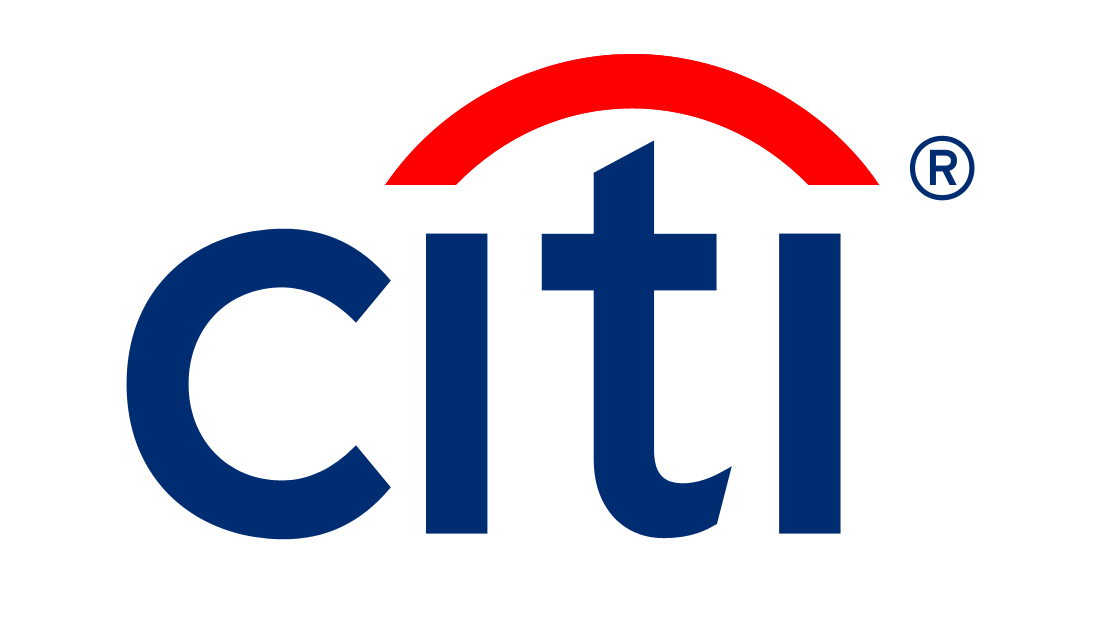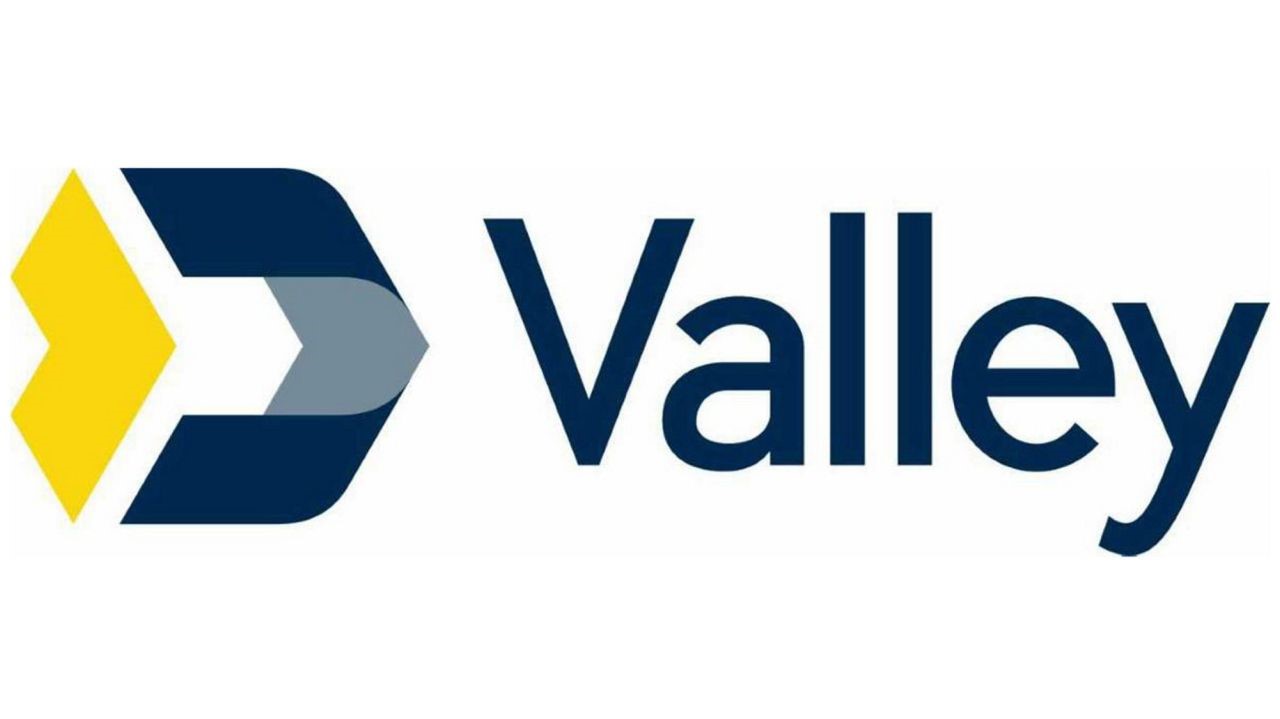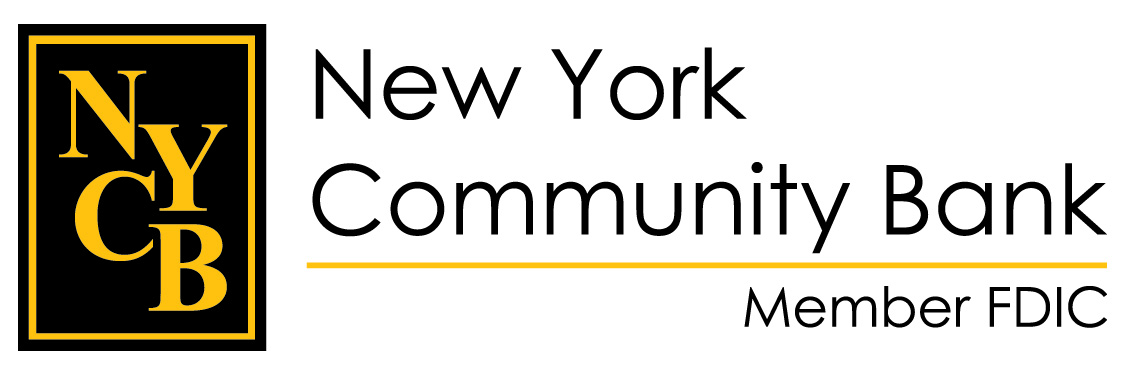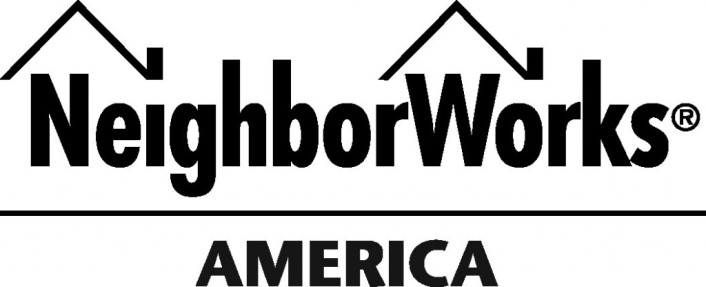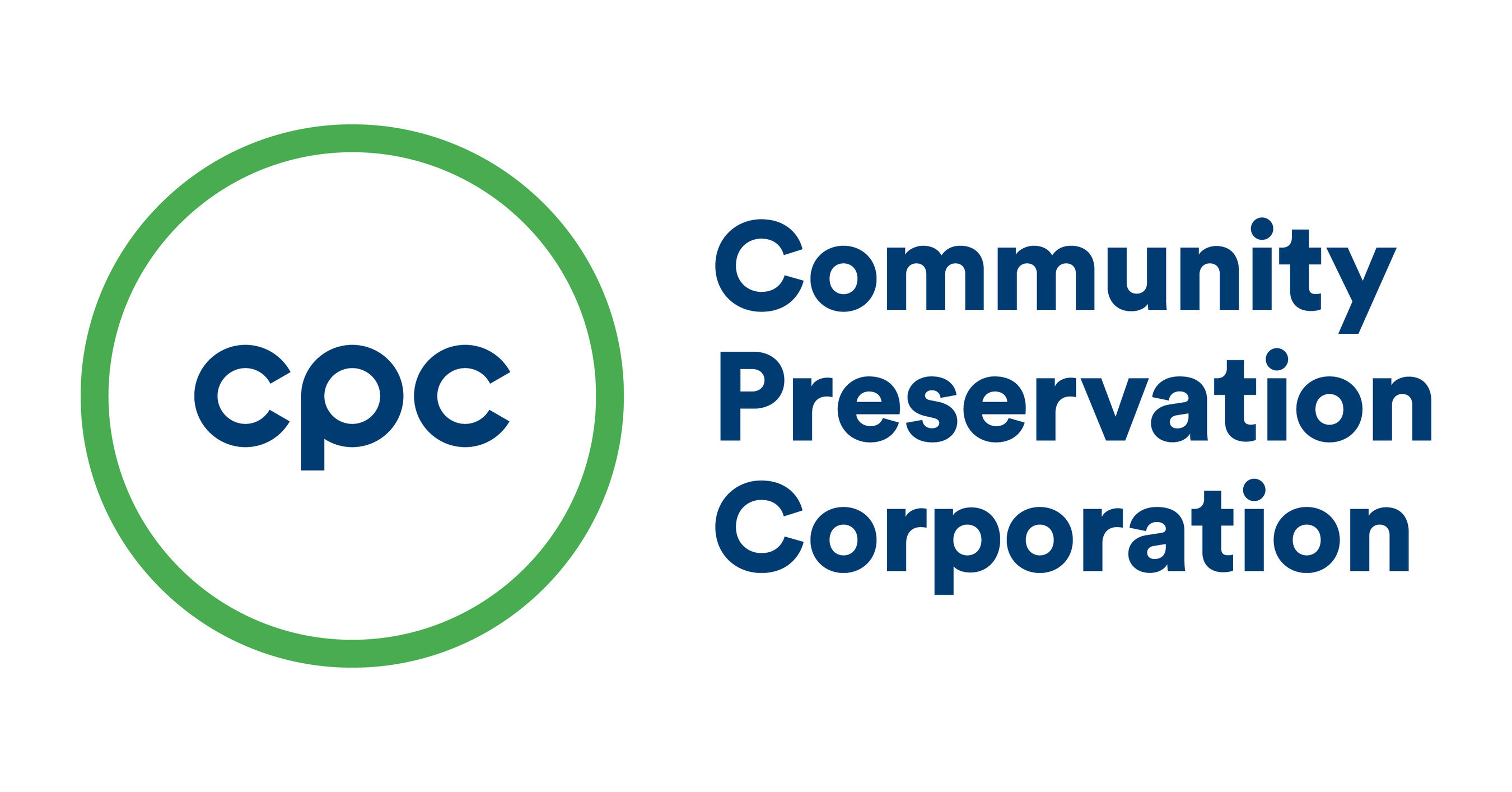About
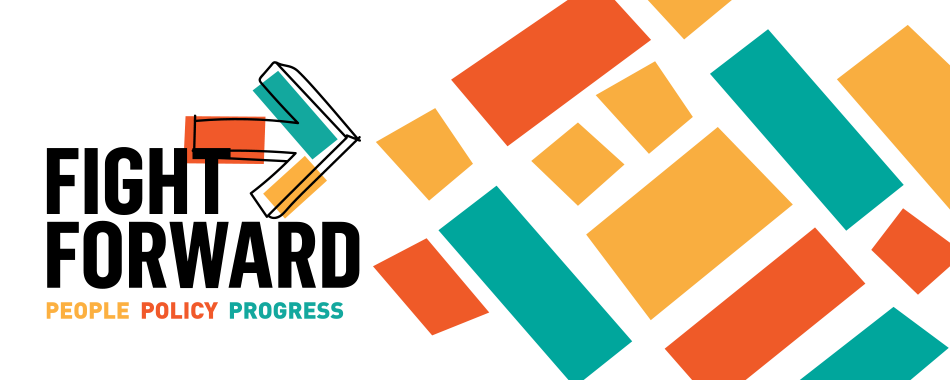
ANHD’s Community Development Conference annually convenes hundreds of affordable housing and economic justice practitioners to engage in timely conversations on how we make New York City more affordable and equitable and #BuildCommunityPower.
ANHD hosted a 3-day LIVE virtual conference Tuesday, October 5th, Wednesday, October 6th, and Thursday, October 7th, designed to help strengthen our work re-building New York City post-COVID, especially low-income and Black, Indigenous, People of Color (BIPOC) communities that have been left out of the decision-making process for decades.
ANHD’s 2021 conference theme was Fight Forward: People, Progress, Policies. We relied on this theme as a lens to guide critical, timely conversations on affordable housing, small business recovery, land use justice, and responsible banking.
Speakers and attendees included our not-for-profit affordable housing and community development corporation members, policy experts, financial institution representatives, key government agency representatives, elected officials, and philanthropic organizations. We hope you enjoyed these critical conversations that helped us to move forward for the year ahead!
Digital Journal and Clips from the Event
Take a look at our digital journal, a reminder of what we accomplished those three days and in the tumultuous times since with highlights of the people, dialogues, and supporters.
Want to Watch It Back or Check Out Panels You Missed?
If you missed the event or parts of it, stay tuned for postings of our panels on this webpage.
Agenda
Tuesday, October 5th | 6:30 PM – 7:30 PM
We’re excited to kick off our 10th Annual Conference with a live performance from The Peace Poets, a collective of artists that celebrate, examine and advocate for life through music and poetry. Hailing from the Bronx, The Peace Poets will regale us with their spoken word and musical talents and then we will break out into groups to discuss community, art, expression, and more.
Before all that, you’ll hear from ANHD’s Executive Director Barika X. Williams, learn more about the work of ANHD, and hear what to expect over the coming days.
Wednesday October 6th | 1:00 PM – 5:00 PM
Welcome by ANHD and lead sponsor, Citi
Keynote Address from Marcia L. Fudge, U.S. Secretary of Housing and Urban Development (1:15 – 1:30)
A Conversation on the Federal Community Development Landscape (1:30 – 2:15)
Networking/Break
Option to attend one of four Panel Discussions (2:30 – 3:45):
- Integrating NYC’s Housing Plan: Are We Really All in This Together?
- Weathering the Storm: What Does the Climate Crisis Mean for Housing Development?
- Sustaining Power in Times of Sustained Crisis
- Understanding and Undoing Inequality in NYC’s Commercial Corridors
Networking / Break
COVID Response Recap: The Impact of Neighborhoods Now (4:00 – 4:30)
A Special Tribute to Housing Justice Champions (4:30 – 5:00)
Thursday October 7th | 1:00 PM – 5:00 PM
Welcome Remarks
Policy Plenary: From Race-Blind Towards Racial Justice Policies (1:10 – 2:15)
Special Racial Equity Networking / Break
Option to attend one of two Panel Discussions (2:30 – 3:45):
- Planning for Equity: How Comprehensive Planning Can Advance Racial & Economic Justice
- Community Reinvestment Act: What Changes Could Mean for Our Communities
Networking/Break
Conversation on State Community Development Landscape (4:00 – 4:30)
Closing Address from the Honorable Kathy Hochul, Governor of New York State (4:30 – 5:00)
Keynote Speakers & Special Conversations
Keynote Address with Marcia L. Fudge, United States Secretary of Housing and Urban Development
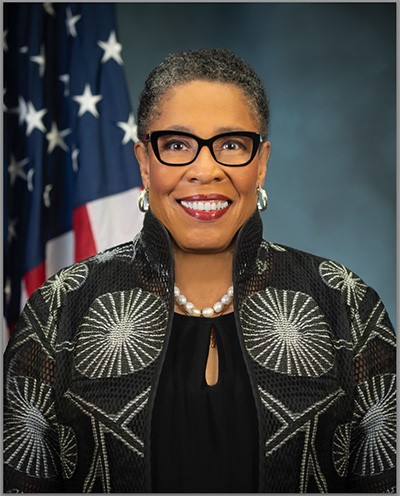
ANHD is excited to announce that Marcia L. Fudge, United States Secretary of Housing and Urban Development (HUD) served as the keynote speaker for ANHD’s 10th Annual Conference Fight Forward: People, Policies, Progress.
Under Secretary Fudge’s leadership, the Department of Housing and Urban Development is working to secure historic investments in affordable housing as part of the President’s Build Back Better agenda, and to put an end to discriminatory practices in the housing market and ensure that our fair housing rules are doing what they are supposed to do: opening the door for families who have been systematically locked out for generations to buy homes. Just recently, Secretary Fudge launched House America: An All-Hands-on-Deck Effort to Address the Nation’s Homelessness Crisis.
A Conversation on the Federal Community Development Landscape
We had an insightful discussion on the federal community development landscape with local leaders, following the remarks of Secretary of Housing, Marcia Fudge.
Panelists:
- Barika Williams (she/her), Executive Director, ANHD
- Lena Afridi (she/her), Director of Policy and Strategic Partnerships, Pratt Center
- Juanita Lewis (she/ her), Executive Director, Community Voices Heard (CVH)
- Katrell Lewis (he/him), Vice President of Government & Community Partnerships, Habitat for Humanity New York City
COVID Response Recap: The Impact of Neighborhoods Now
New York City’s community development sector responded to COVID-19 in a variety of ways – and especially by deepening and expansion of strategic partnerships that leverage expertise and resources to address pressing community challenges. This fireside conversation highlighted Neighborhoods Now, a COVID-19 response program led by the Urban Design Forum and Van Alen Institute, in partnership with 11 community-based organizations across New York City, including several ANHD members. As Neighborhoods Now explores how to deepen this work, with new support from Wells Fargo, this conversation shared some key takeaways on building effective partnerships and reflections on moving from crisis response to longer-term recovery.
Panelists:
- Dan McPhee, Executive Director, Urban Design Forum
- Ryan Gilliam, Executive Director, FABnyc
Policy Plenary: From Race-Blind Towards Racial Justice Policies
It has become mainstream and trendy for policies and programs to have a stated goal of “advancing equity.” But, without an intentional racial justice framework, the impact of any policy will reinforce the status quo, disproportionately benefiting wealthier and whiter people and communities over BIPOC ones. What strategies can we use to deliberately center racial justice in the policies and systems we fight for?
Panelists:
- Bianca Guerrero, Fund Excluded Workers Coalition Coordinator, Make the Road NY
- Cheryl Pahaham, Member, Racial Impact Study Coalition
- Paulina Gonzalez-Brito, Executive Director, California Reinvestment Coalition
A Conversation on the State Community Development Landscape
Panelists discussed the state community development landscape with local leaders, before our closing remark address from Honorable Governor Hochul.
Panelists:
- Emily Goldstein, Director of Organizing and Advocacy, ANHD
- Rolando Guzman, Deputy Director Community Preservation, St Nicks Alliance
- Bernell Grier, Executive Director, IMPACCT Brooklyn and a Member of ANHD’s Board of Directors
- Ahyoung Kim, Associate Director of Small Business Programs, Asian American Federation
Closing Address with New York State Governor Kathy Hochul
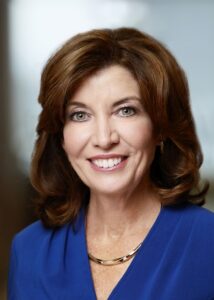
Honorable Governor of New York State, Kathy Hochul, gave the closing address for ANHD’s 10th Annual Conference Fight Forward: People, Policies, Progress.
Governor Kathy Hochul began her career in public service on her local Town Board before serving as Erie County Clerk, and then as a member of Congress for New York’s 26th Congressional District. She more recently served in statewide office as Lieutenant Governor and now as the first female Governor of the State of New York. In her short time as governor, Hochul has called for the acceleration of emergency rental assistance to New York, a more equitable distribution of the COVID vaccine, a coherent plan for the safe return to schools, and more.
Six Panel Discussions
Integrating NYC’s Housing Plan: Are We Really All in This Together?
2021 is an unprecedented moment in New York City government. We are turning over the majority of the City Council and citywide offices, and this provides us with an opportunity to shift the direction of citywide housing policies dramatically. What are the unique challenges facing the different sectors of the city’s housing landscape? How do these challenges differ, but more importantly, how do they intersect, and how do we build a path forward that meets all our needs? Panelists from across the housing landscape will come together to talk through these questions and more.
Panelists:
- Beatriz De La Torre, Managing Director of Racial Justice and Managing Director of Housing & Homelessness, Trinity Church Wall Street (Moderator)
- Scott Short, RiseBoro Community Partnership
- Lucas Renique, Los Sures
Weathering the Storm: What Does the Climate Crisis Mean for Housing Development?
Climate-related disasters are exacerbating the housing crisis across the country and, as we saw recently with the devastating impact of Hurricane Ida, right here in New York City. In this panel, we will explore how communities, environmental advocates, and mission-driven housing developers are thinking about ensuring New Yorkers and our housing infrastructure can weather future storms. We will discuss making basement apartments safer, sustainable green building and recycled construction materials, solar energy and the electrification of buildings, and more. We will focus specifically on the impact of the climate crisis on low-income and immigrant communities, asking the question: what does a climate-resilient housing plan look like, and how can we make sure equity and justice are at the center?
Panelists:
- Alexandra Tempus, Journalist (Moderator)
- Chris Cirillo, Executive Director, Ascendant Neighborhood Development
- Daphany Rose Sanchez, Executive Director, Kinetic Communities Consulting
- Christie Peale, Executive Director, Center for NYC Neighborhoods
- Neil Padukone, Director, NYC Manufacturing and Industrial Innovation Council
- Yoselin Genao-Estrella, Executive Director, NHS of Queens
Sustaining Power in Times of Sustained Crisis
Organizers and institutions have grappled with a relentless series of crises in the past 18 months. COVID-19, police brutality, anti-Asian hate, an attempted coup, and climate catastrophe have devastated our neighborhoods; they have also led to innovation, reinvention, and transformation of how we support power-building work. This panel will explore how organizers and institutions are sustaining power in this sustained crisis time.
Panelists:
- Ericka Stallings, Co-Executive Director, Leadership Learning Community (Moderator)
- Michelle de la Uz, Executive Director, Fifth Avenue Committee
- Malika Conner, Director of Organizing, Right to Counsel NYC Coalition
- Pablo Estupiñan, Director, Community Action for Safe Apartments (CASA)
Understanding and Undoing Inequality in NYC’s Commercial Corridors
Following years of advocacy by ANHD and the United for Small Business NYC coalition, the New York City Department of Finance collected and released the first round of storefront data earlier this summer. Join this panel to learn what’s in the storefront registry and why it is so essential as we seek to recover and rebuild New York City’s small businesses. Practitioners from the field will focus particularly on how data on rents and vacancies inform organizing work in commercial corridors.
Panelists:
- Cara Eisenpress, Senior Reporter, Crain’s New York (Moderator)
- Gale Brewer, Manhattan Borough President
- Abigail Ellman, Director of Planning and Development, Cooper Square Committee
- Karilyn Crockett, Assistant Professor of Urban History, Public Policy & Planning; Former
Planning for Equity: How Comprehensive Planning Can Advance Racial & Economic Justice
Our city’s planning processes are failing us, perpetuating a landscape of inequitable development and investment that fuels displacement on the one hand and exclusion on the other. Join this panel to learn why there is a growing movement in support of comprehensive planning that centers racial and economic equity in the planning process to elevate the needs and power of BIPOC communities and ensure a more equitable distribution of development and investments citywide.
Panelists:
- Caroline Spivack, Reporter, Curbed NY (Moderator)
- Maulin Mehta, New York Director, Regional Plan Association
- Fitzroy Christian, CASA Leader
- Nyah Berg, Interim Executive Director, New York Appleseed
Community Reinvestment Act: What Changes Could Mean for Our Communities
Federal bank regulators are drafting new regulations to modernize a fundamental anti-redlining law: the Community Reinvestment Act (CRA). How could CRA changes strengthen our communities? Join this conversation to hear from advocates and practitioners about what they are looking for and expecting, and why responsible banking matters for New York City.
Panelists:
- Emmanuel Martinez, Investigative Data Journalist, The Markup
- Kerry McLean, Vice President, Community Development, Women’s Housing and Economic Development Corporation (WHEDco)
- Jacob Udell, Research and Data Coordinator, University Neighborhood Housing Program (UNHP)
- Horacio Mendez, Executive Director, Woodstock Institute
